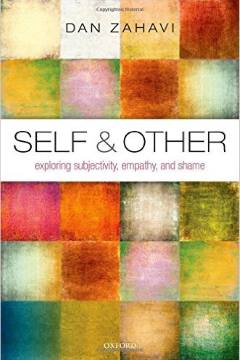Repository | Book | Chapter

(2014) Self and other, Oxford, Oxford University Press.
The narrative account of the self accentuates the temporal dimension of selfhood and is primarily addressing the issue of long-term diachronic identity and persistency. But what about the experiential self? Is it minimal in the sense of being temporally non-extended? The chapter discusses the relation between temporality and selfhood and argues that the experiential self must possess some degree of diachronic unity. This still leaves it an open question, however, how temporally extended it is. The current proposal is compared and contrasted with two other recent experienced-based accounts defended by Strawson and Dainton respectively, according to which the self is either very short-lived or capable of preserving its identity across periods of dreamless sleep only if it is defined in terms of its capacity to be conscious rather than as something that is essentially conscious.
Publication details
DOI: 10.1093/acprof:oso/9780199590681.003.0005
Full citation:
Zahavi, D. (2014). Self and diachronic unity, in Self and other, Oxford, Oxford University Press, pp. 63-77.
This document is unfortunately not available for download at the moment.



